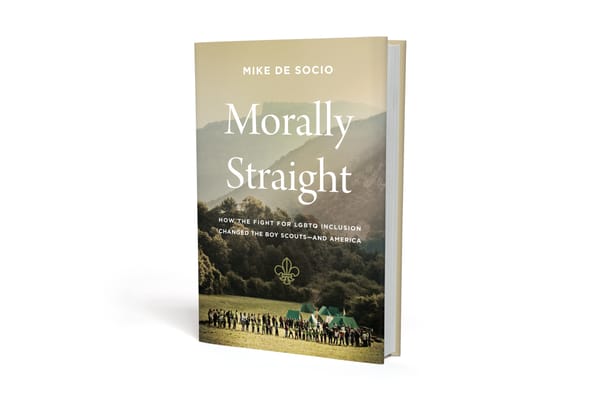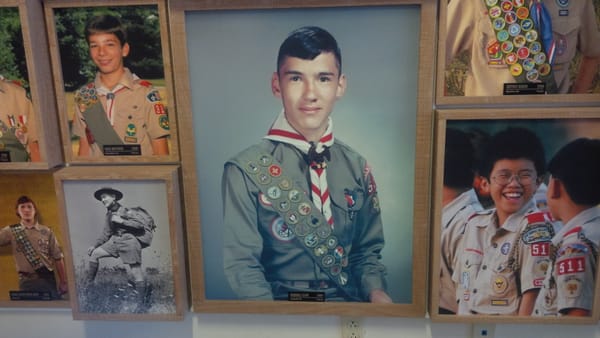Why I do not "both sides" our humanity
The Colorado nightclub shooting is a reminder: The words we use, matter.

When I first read about the horrific shooting at the LGBTQ+ nightclub in Colorado Springs this week, my mind immediately jumped to a distressing conclusion: This was the entirely predictable outcome of the current conversation around queer and trans lives in this country.
It’s almost impossible to ignore the level of negative political discourse and vitriol that has been aimed our way lately. We’ve seen year after record-breaking year of anti-LGBTQ+ legislation introduced around the country. And unsurprisingly, we’ve seen a rise in hate crimes against the LGBTQ+ community during the same time frame.
But I would argue it’s not just the political extremists that are the problem here. It’s also the near-constant “both sides” type of debate in mainstream media outlets that opens up space for our dehumanization.
When The New York Times publishes piece after piece about whether trans people deserve lifesaving health care, is it any wonder people devalue trans lives?
This is not merely theoretical. As Chase Strangio and Lexi McMenamin point out, one such NYT article “was referenced in an expert report filed by the state of Texas justifying its ‘child welfare policy’ of investigating parents of trans youth.”
There are plenty of examples, and that’s just one. In an incredibly detailed analysis from this summer, McMenamin chronicled this type of problematic reporting at virtually every major, “liberal” national publication.
“The Times and other ‘bothsiderist’ coverage of trans issues might think they’re not picking a side, but in not standing with trans people, they’ve already chosen,” McMenamin writes.
I could not agree more. My frustration with this type of “both sides” reporting—a lazy attempt at “objectivity” which delivers nothing of the sort—has led me to try and do things differently in my own journalism.
From the very beginning of my reporting on this topic, I have always held that the humanity and dignity of LGBTQ+ people is not up for debate. I am not interested in sharing “both sides” of whether our community deserves rights, protections and spaces to thrive. We always have, and we always will.
The tragedy in Colorado is a reminder that the stakes here are incredibly high. Our lives are on the line. I refuse to do the type of journalism that gives equal weight to the LGBTQ+ community and the very people who would rather we did not exist.
What I will do, instead, is tell the story of the ongoing fight for LGBTQ+ justice, centering our lives and our experiences. I will bring to that task all of the skills I have learned as a journalist—fairness, accountability, humility and skepticism—but I will not for a second doubt the inherent beauty and worth of our people.


